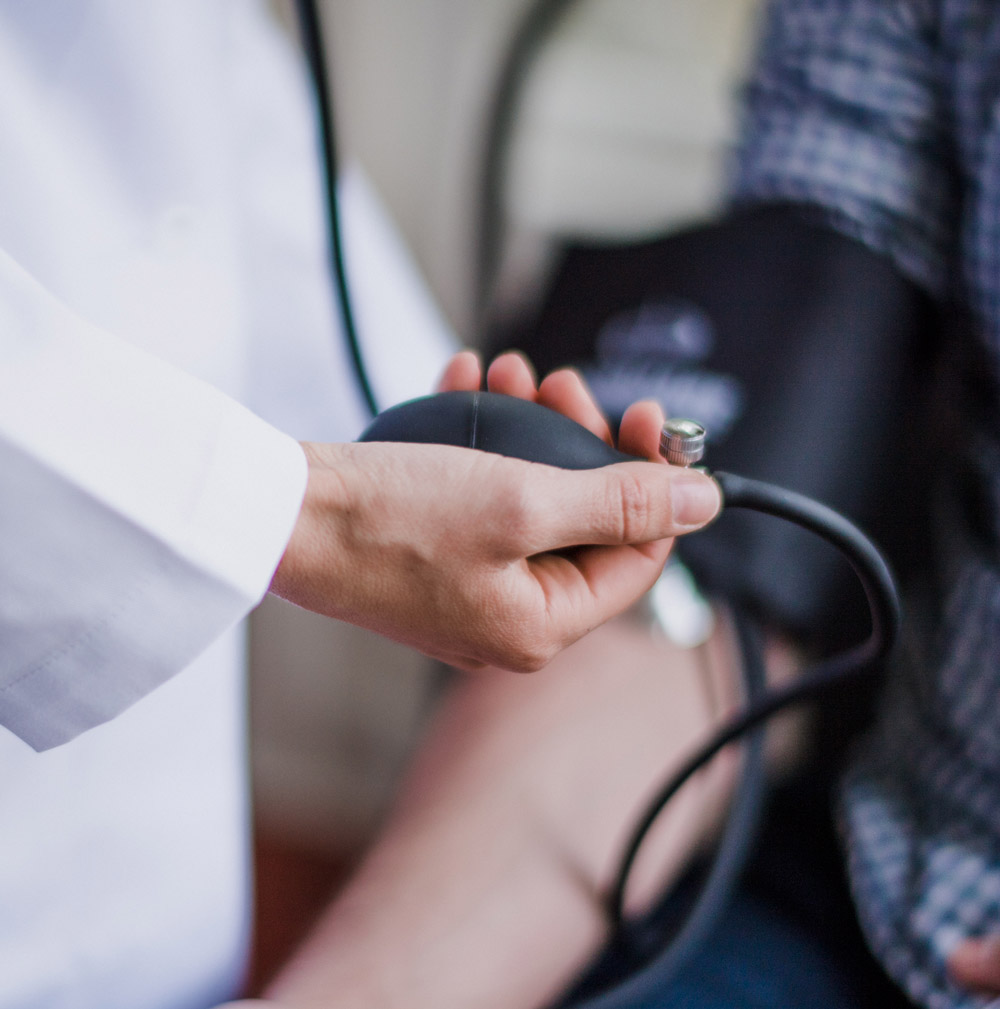Bariatric Surgery
Bariatric surgery, also known as weight loss surgery, not only helps with losing weight but also in the treatment of medical conditions caused by obesity, or excess weight. Surgery for weight loss and the treatment of obesity has been around since before the 1950’s, however current technology and the advent of laparoscopic surgery has made bariatric surgery safter than ever for the treatment of obesity and weight-related medical problems.

Duodenal Switch
This procedure has two major parts and is sometimes done in stages. This procedure can be done both laparoscopically and through an open incision.
The stomach or restrictive portion of this procedure is the Sleeve Gastrectomy and this surgery is originally where the sleeve gastrectomy procedure originated from.
The small bowel is then divided at its beginning, then approximately halfway down the entirety of the small bowel length. The downstream half of the bowel is then attached to the sleeved stomach, and the upstream half is attached to the side of the other bowel length, near the end of the bowel were it empties into the colon. This causes food to only pass through the downstream half of the small bowel while also having digestive juices mix with food only through around the last 10% of total bowel length. This surgery is considered a malabsorptive surgery, as it causes a significant decrease in the amount of nutrients and vitamins that are ingested by mouth.
Currently many surgeons have adopted a modification of this surgery, where the downstream division to the bowel is not performed, instead a loop of bowel is reattached to the stomach, allowing digestive juices to mix with the food right out of the stomach. This modification is called the “loop” duodenal switch, or the Single-Anastomosis DuodenoIleostomy (SADI)
Advantages
The duodenal switch has an excellent record of long-term weight loss maintenance (70-80% excess weight loss) There are less issues with dumping and reactive hypoglycemia compared to the gastric bypass The duodenal switch is an excellent surgery for severe diabetes.
Disadvantages
Patients become more prone to vitamin deficiency, malnutrition, due to the malabsorption They MUST be faithful with taking supplements or will most likely suffer from malnutrition or vitamin deficiency They MUST be complaint with follow up. Patients with the duodenal switch can have severe diarrhea, potentially affecting lifestyle. This is usually temporary (for the first 4-5 months after the surgery), but can be a long-term problem, especially with ingestion of greasy or fried foods.
Things to Know
Weight regain or unsatisfactory weight loss can STILL occur with the duodenal switch, if proper diet and exercise is not followed Patients MUST be conscious about how much protein they are eating, or malnutrition can occur Severe vitamin deficiency can occur with this surgery, sometimes requiring infusions of iron or vitamins in order to correct the deficit The duodenal switch may be the only surgery that can effectively treat/cure severe diabetes (e.g. over a 100 unit/day insulin requirement).
Better Health Care is Our Mission
The Medicare Health Center is a your go-to team of doctors for all your medical needs.
Phone:
Emergency Hotline
In case of a medical emergency, please dial this number immediately: 911
Bakersfield Office:
8311 Brimhall Rd. Building 1900, Suite #1901 Bakersfield, CA 93312
Office Hours

